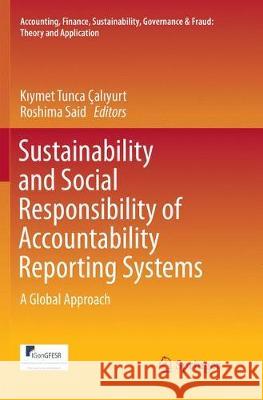Sustainability and Social Responsibility of Accountability Reporting Systems: A Global Approach » książka
topmenu
Sustainability and Social Responsibility of Accountability Reporting Systems: A Global Approach
ISBN-13: 9789811338274 / Angielski / Miękka / 2019 / 373 str.
Kategorie:
Kategorie BISAC:
Wydawca:
Springer
Seria wydawnicza:
Język:
Angielski
ISBN-13:
9789811338274
Rok wydania:
2019
Wydanie:
Softcover Repri
Ilość stron:
373
Waga:
0.63 kg
Wymiary:
23.62 x 24.89 x 1.78
Oprawa:
Miękka
Wolumenów:
01











